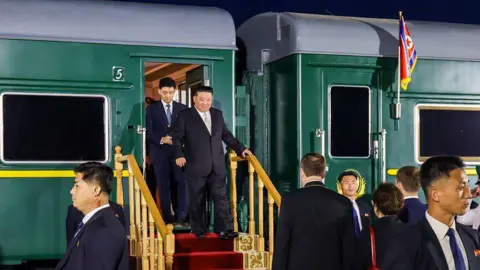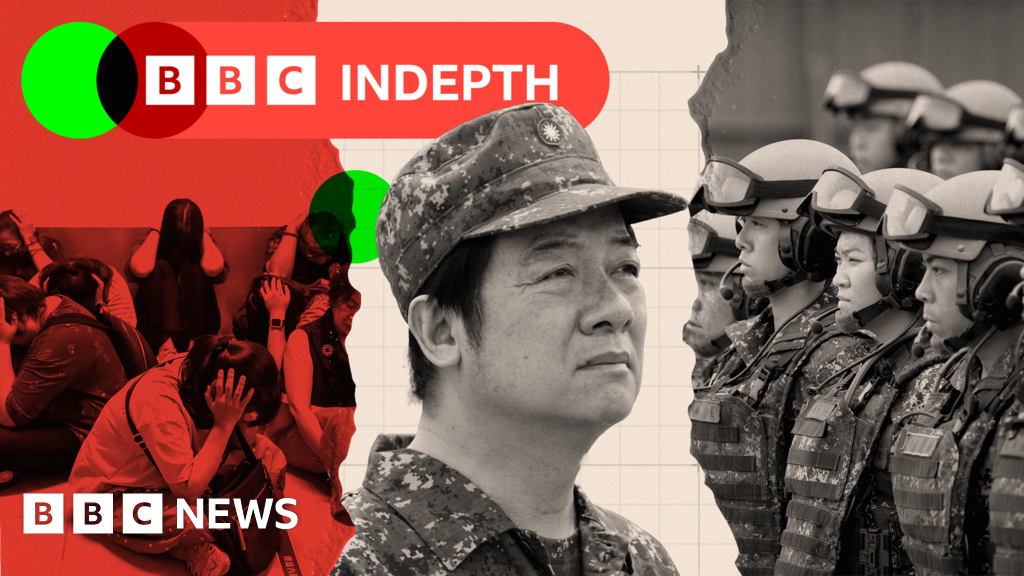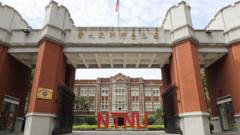With the tension escalating, thousands of Taiwanese participated in the recall vote on Saturday. Yet, despite high stakes, every participating Kuomintang member kept their seats as voter turnout did not meet the required threshold for removal. This outcome indicates that opposition forces maintain their slim majority, pointing to a stagnation in political progress as the Democratic Progressive Party (DPP) remains locked in legislative battles with their rivals.
The Great Recall movement gained momentum following the January 2024 elections, during which regional dissatisfaction with the Kuomintang's actions sparked protests organized under the Bluebird banner. Activists alleged that these lawmakers, known for their friendly stance towards China, were pushing pro-Beijing agendas within Taiwan's legislative framework. The DPP, while initially distancing itself from the movement, later backed the recall efforts, emphasizing the need to align with popular sentiment.
Civic groups mobilized aggressively, pushing for higher voter engagement, while opposition forces accused the DPP of maneuvering behind the scenes to disenfranchise them. In a political environment marked by protests and allegations of interference, the final outcome of this intense public debate sets the stage for future confrontations in Taiwan’s legislative arena.
As the political landscape remains fraught with division, analysts warn that the fallout from the Great Recall could elevate polarization and embolden lawmakers to act without fears of repercussions, therefore complicating Taiwan's democratic landscape further. The next round of recall votes is scheduled for August, which may carry similar implications in the battle for legislative control.
The Great Recall movement gained momentum following the January 2024 elections, during which regional dissatisfaction with the Kuomintang's actions sparked protests organized under the Bluebird banner. Activists alleged that these lawmakers, known for their friendly stance towards China, were pushing pro-Beijing agendas within Taiwan's legislative framework. The DPP, while initially distancing itself from the movement, later backed the recall efforts, emphasizing the need to align with popular sentiment.
Civic groups mobilized aggressively, pushing for higher voter engagement, while opposition forces accused the DPP of maneuvering behind the scenes to disenfranchise them. In a political environment marked by protests and allegations of interference, the final outcome of this intense public debate sets the stage for future confrontations in Taiwan’s legislative arena.
As the political landscape remains fraught with division, analysts warn that the fallout from the Great Recall could elevate polarization and embolden lawmakers to act without fears of repercussions, therefore complicating Taiwan's democratic landscape further. The next round of recall votes is scheduled for August, which may carry similar implications in the battle for legislative control.


















